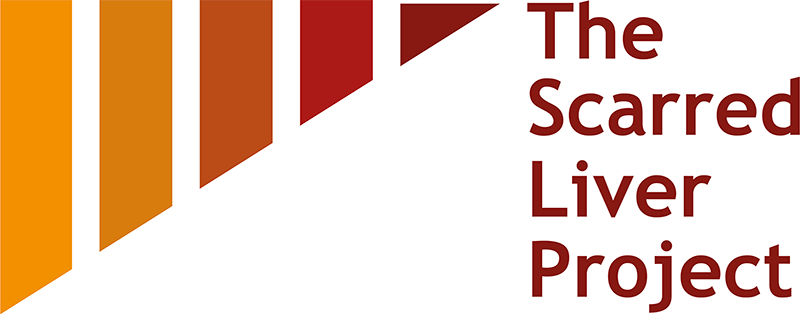
Exploring key partners – The University of Nottingham & Nottingham University Hospitals NHS Trust
Why we are working together?
Academic partners in Nottingham initiated one of the first projects in the UK aimed at increasing early diagnosis of liver disease in the community. The pathway, the Scarred Liver Project, is innovative as it actively identifies patients with risk factors for liver disease such as type 2 diabetes or obesity for testing for liver scarring. Diagnostic expertise and knowledge from setting up the Scarred Liver Project is being shared and utilised in Manchester’s ID LIVER project.
Professor Neil Guha, Nottingham lead for ID LIVER, who was a key member in delivering the Scarred Liver Project and is a Consultant Hepatologist at Nottingham University Hospitals, says: ‘Death from chronic liver disease has progressively increased in the UK for the past four decades so it is important that we overcome shortcomings of conventional ways of detection, diagnosis and referral. Working together and co-creation with industrial partners is key to overcoming this healthcare challenge.’
What is the Scarred Liver Project?
The Scarred Liver Project detects significant but asymptomatic chronic liver disease at a critical stage at which a difference can be made. If identified early abnormal changes in the liver can hopefully be slowed down, halted, or even reversed. The project was set up in 2012, following pilot funding from the Department of Health and support from the NIHR Nottingham Biomedical Research Centre (BRC). A key driver was a concern from patients, consulted as part of the Nottingham BRC patient advisory group, who felt there were unnecessary delays (often many years) to their diagnosis from a lack of diagnostic tools for liver scarring in the community. Co-creation of this pathway with primary care physicians has been key to its success.
We use a Fibroscan, a specialist ultrasound scan which measures liver stiffness, to indicate the possible presence of liver disease. During the clinical visit where the Fibroscan is carried out the patient is offered information about maintaining good liver health. Those with abnormal scans are referred to the hospital’s liver team.
In 2016 this became the first pathway in the UK and Europe that enabled GPs direct access to request specialist diagnostic tests, like a Fibroscan, based on risk factors for chronic liver disease. The pathway now covers 110 GP practices with a catchment area of 0.7 million people.
Project analysis showed a 140% increase in diagnosis of cirrhosis in the studied population in comparison to normal NHS care. 72.8 % of these patients had normal liver blood tests which means they would not have had further investigations routinely carried out.
How does the Scarred Liver Project relate to ID LIVER?
As part of ID LIVER, software development is being carried out to combine a wide range of tests to try to come up with earlier answers about a patient’s liver health. We are working with Jiva.ai, a company specialising in predictive analytics powered by Artificial Intelligence, to develop a risk prediction tool to decide whether a patient has a chance of having liver disease based on routinely available data (including risk factors) and standard basic blood tests. Anonymous data collected from the Scarred Liver Project is being used to develop this tool. This tool will be incorporated into a clinical decision platform currently being developed as part of the ID LIVER consortium. Clinicians, Jiva.ai and other industry partners including Roche and GE Healthcare are co-developing an interactive platform to aid the complex decision making which takes place throughout a patient’s medical care.
What is so important about this work?
Current methods of detecting whether a patient has liver disease often need invasive procedures, such as biopsies, which have risks associated with them. Co-creation of this prediction tool and platform with different academic and industry specialists is, in our opinion, key for development of new methods of early diagnosis. This software, after it has undergone rigorous testing, could eventually be used routinely in the NHS to help identify patients at risk of liver disease.
Written by Dr. Lucy Bennett, Clinical Research Fellow
For further information please go to https://www.scarredliverproject.org.uk/ or contact Professor Neil Guha (neil.guha@nottingham.ac.uk or Dr. Jo Morling (mszjrm@nottingham.ac.uk).




0 Comments